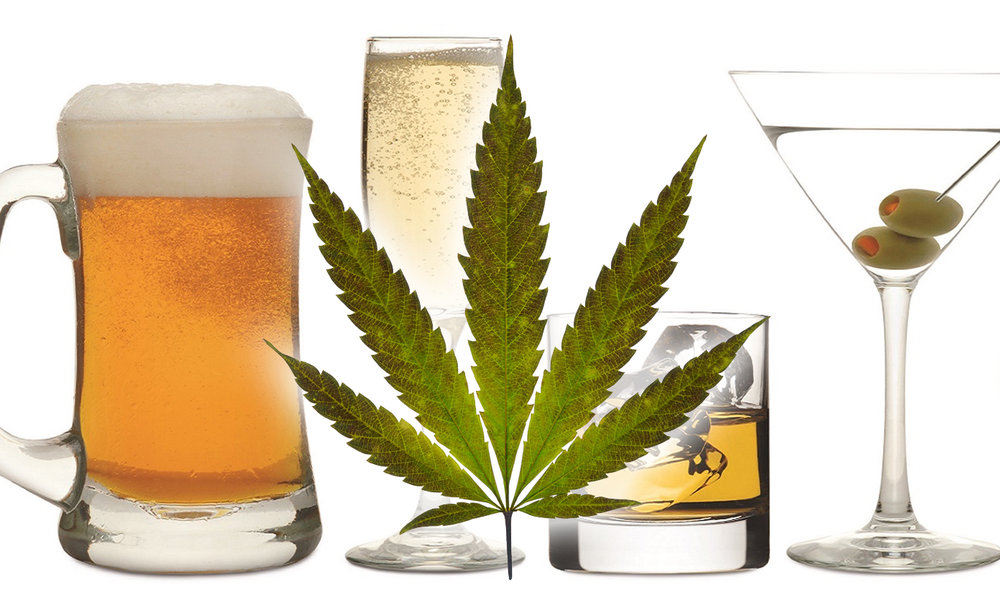Alcohol and cannabis are both psychoactive substances that can have effects on the body and mind, but they differ in several ways. Here’s a comparison between alcohol and cannabis:
- Legal Status:
Alcohol: Alcohol is legal and regulated in most countries for individuals above a certain age.
Cannabis: The legal status of cannabis varies widely across countries. While some have legalized its recreational and/or medicinal use, others have strict regulations or consider it illegal.
- Consumption and Availability:
Alcohol: Alcohol is widely available in various forms such as beer, wine, and spirits. It can be purchased from licensed establishments or retailers.
Cannabis: Cannabis can be consumed in different forms, including smoking, vaporizing, edibles, oils, or topical creams. Availability depends on the legal status and regulations in each jurisdiction.
- Chemical Composition:
Alcohol: The active ingredient in alcoholic beverages is ethanol (ethyl alcohol).
Cannabis: Cannabis contains numerous cannabinoids, with delta-9-tetrahydrocannabinol (THC) being the primary psychoactive compound. It also contains cannabidiol (CBD), which has non-psychoactive properties.
- Physiological Effects:
Alcohol: Alcohol is a central nervous system depressant that can initially cause euphoria, relaxation, and lowered inhibitions. Excessive consumption can lead to impaired coordination, memory loss, nausea, and other adverse effects.
Cannabis: Cannabis can produce a range of effects depending on the strain, THC content, and individual tolerance. Common effects include relaxation, euphoria, altered perception, increased appetite, and potential impairment of memory, coordination, and cognitive function.
- Health Risks:
Alcohol: Excessive alcohol consumption can lead to various health problems, including liver disease, cardiovascular issues, addiction, increased risk of accidents, and alcohol poisoning.
Cannabis: While cannabis is generally considered to have a lower risk profile compared to alcohol, heavy or long-term use can be associated with respiratory issues, impaired cognitive function in developing brains, and potential addiction or dependence.
- Medicinal Use:
Alcohol: Alcohol is not typically used for medicinal purposes, except for specific applications like disinfectants or as a solvent in certain medications.
Cannabis: Cannabis has been used for medicinal purposes to alleviate symptoms associated with various conditions such as chronic pain, nausea, multiple sclerosis, epilepsy, and chemotherapy side effects. Its medical use is subject to regulations and varies by jurisdiction.
It’s important to note that the effects and risks of both alcohol and cannabis can vary based on individual factors, dosage, mode of consumption, and frequency of use. It is always advisable to consume either substance responsibly, adhere to legal requirements, and seek professional guidance if needed.



